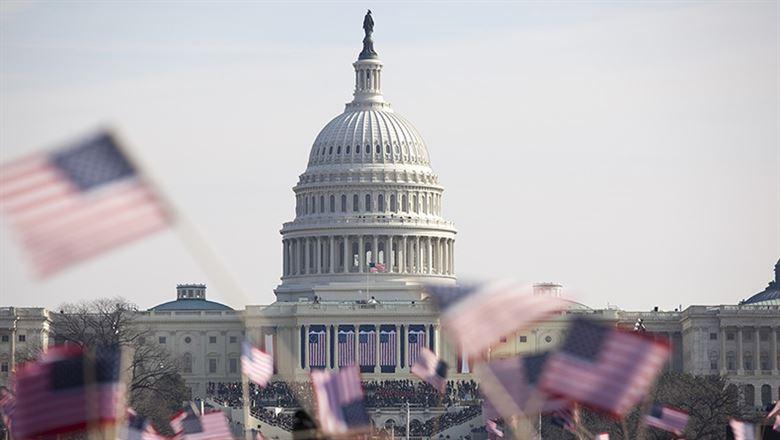Alison Bodor
Alison Bodor is the President and CEO of the American Frozen Food Institute in McLean, Virginia.

An association's chief executive can go about setting leadership and policy goals in a similar way to how U.S. presidents plan for their first 100 days in office. Here are some steps to take to get the information you need to be successful.
As the nation transitions to a new president, I am reminded of all the changes, challenges, and excitement that came with my transition to association CEO.
Although on a whole different scale than the U.S. presidential transfer of power, back in May I assumed the role of president and CEO of the American Frozen Food Institute (AFFI), a national trade association representing the $50 billion frozen foods and beverages industry.
I wouldn't presume or give advice to the new president, who is clearly an astute businessman, but I would offer some advice to my fellow association colleagues: focus on the first 100 days. It's the same type of leadership planning that a president might put forward, and it will lead to longer-term success. Here are a few tips to keep in mind.
While the board chair is your most important boss, your entire board of directors is also in charge. There is no substitute for visiting board members where they work. For me that included a fair amount of travel, not unlike President-elect Donald Trump's "thank you" tour. I met with as many board members as I could face-to-face. I held meetings at a trout farm, potato-processing plant, collard green farm, test kitchen, and the corporate offices of a frozen food manufacturer.
These conversations prepared me for future strategic planning, and most importantly, identified unique ways that AFFI could be instrumental to both individual and collective success.
These visits were invaluable for a few reasons. First, they occurred before I got bogged down in the day-to-day necessities of running an association, allowing me to not only learn more about my board members but also to better understand their work and operations.
Second, my tour illustrated the diversity of AFFI's membership, which will help me to evolve the organization's vision moving forward. These conversations prepared me for future strategic planning, and most importantly, identified unique ways that AFFI could be instrumental to both individual and collective success.
Your employees are every bit as important as your bosses. With a small staff of 12, I was able to meet with each employee one-on-one. I watched them interact in meetings, evaluating contributions from those who are loud and bold, as well as those who are quiet and impactful. My goal was to not only establish my leadership with the staff but also acknowledge their skills and demonstrate openness to their creative input. I also wanted to raise expectations about how we will approach AFFI's next chapter—together.
Time and interaction with staff, along with preparing to set a game plan for the future, convinced me that staff changes were necessary. It was not an enjoyable part of the job, but making purposeful staff changes in a manner that was respectful of the individuals involved and the team that existed before me, may be the most important thing that I did in those first few months. These staff changes improved team morale, as well as their commitment to me as a CEO.
Connecting with your bosses and staff allows you to set the vision moving forward. At AFFI, we created a strategic planning committee and assessed the biggest issues facing our industry that could be addressed collectively. In today's tight fiscal times, there is no room for duplication of an association's activities. Our plan was not revolutionary, but we decided to evolve and grow the association by focusing on just a few strategic priorities.
In those first 100 days, I worked with staff and the board to establish a vision and subsequent business plan that focused on delivering member value. As a result, AFFI is entering into the future, much like our nation, with the hope of building off a shared set of values. Not only is this a national priority, but also a necessity for any association CEO new to the job.